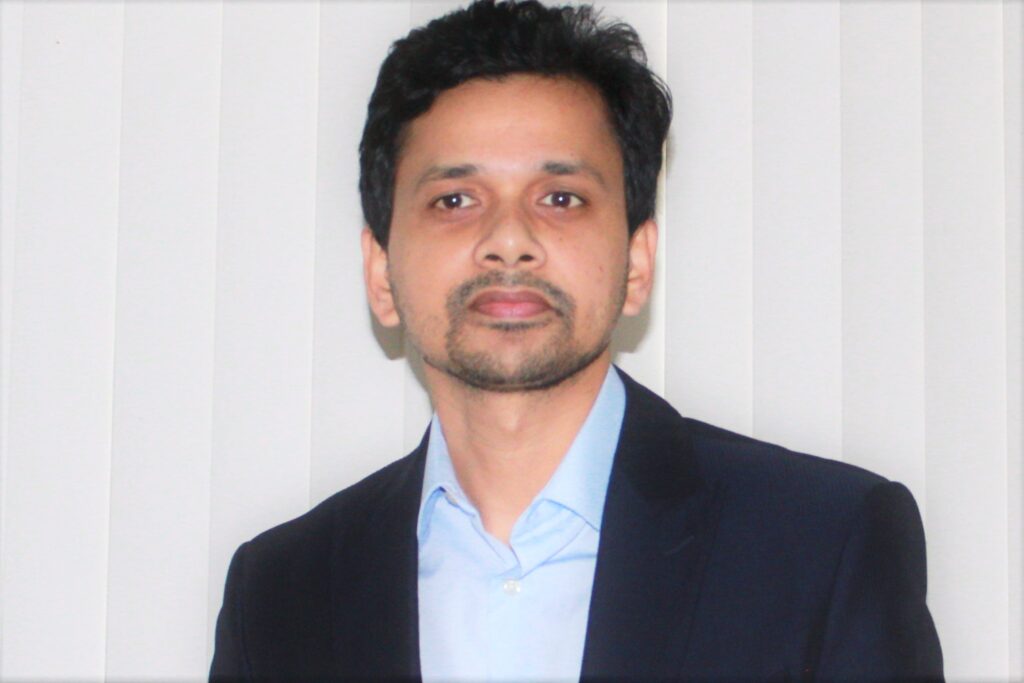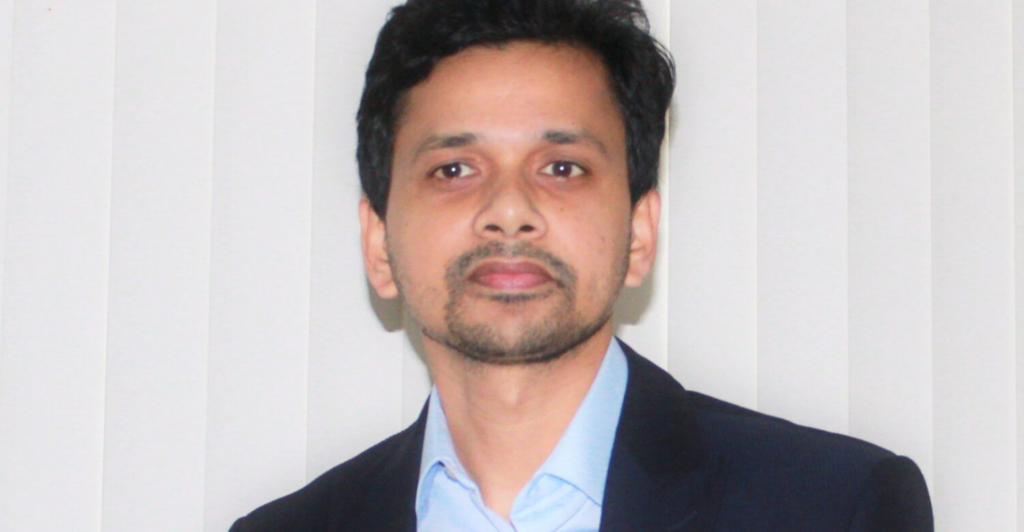We’re taking time to get to know the members of the GSA’s Early Career Scientist Committees. Join us to learn more about our early career scientist advocates.

Sourav Kolay
Career Development Subcommittee
University of Texas Southwestern Medical Center
Research Interest
My curiosity has drawn me to the intersection of genetics, cell biology, and neuroscience. My Ph.D. work focused on deciphering the role of PIP kinases in creating distinct functional phospholipid pools in Drosophila photoreceptor cells. My postdoctoral research is focused on neurodegenerative diseases; currently, I am working on dystonia, an incurable brain disease. Mutation in a gene (Tor1A) causes early-onset primary dystonia. This mutation results in the Tor1A protein missing one amino acid in a critical region. The altered protein’s effect on the function of nerve cells in the brain is unclear. It may alter the connections and signaling between nerve cells. I am trying to understand this mechanism and find out the interactome of Tor1A.
As a PhD-trained scientist, you have many career options. What interests you the most?
I have worked in many different areas, from basic science to disease biology. Over the years, I grew more inclined toward translational research. My primary motivation behind becoming a researcher is inquisitiveness to solve a problem. Exploring and testing new ideas always interests me. Therefore, I would like to either continue as a researcher, or take up a related role, and work to develop therapeutic solutions to cure diseases.
In addition to your research, how do you want to advance the scientific enterprise?
A gap exists in scientific enterprise, and that gap is oftentimes created by inadequate mentorship and training. Often, a researcher is not trained in leadership, management, and mentorship skills, which are valuable in both academic and industry settings. As a part of GSA, we have the scope and resources to fill this gap by organizing relevant seminars and workshops, and I would like to be actively involved in that process.
Science and society are interconnected. As scientists, it is our responsibility to involve the public through different science outreach programs. This involvement would help them make science-backed decisions about their health, the environment, and other aspects of life. Therefore in the future, I would like to engage more with the general public to create a science-minded society.
I also believe that scientific research is a collective endeavor that needs people with different backgrounds, opinions, expertise, and experience to solve real-life problems. So, it is important to help create that environment at the individual level. One can also join organizations with similar objectives. For instance, I am involved with organizations like the ALBA Network to create a scientific environment that promotes equity, integrity, and inclusivity.
As a leader within the Genetics Society of America, what do you hope to accomplish?
Networking with other early career scientists and exploring different career options were the major driving factors for me to join GSA. Since joining, I benefited from interacting with other members and am obliged to pay forward my knowledge and experiences to other early career scientists. In the past year, I have been instrumental in organizing career exploration panels. Also, the Early Career Leadership Program has given me the opportunity to network with other scientists and to work with other members to hone my leadership skills. I hope to engage more with professionals in diverse fields in the future and help organize various career development workshops. I hope these events will be useful to other early career scientists, providing them with insights on the challenges, skills, failures, and triumphs associated with scientific careers.
Previous leadership experience
Secretary, Postdoctoral Association, UT Southwestern Medical Center (2020)
Editorial Board Member, Experimental Results, Cambridge University Press (2020–Present)
Member, ALBA Network (2020–Present)
Contact information





